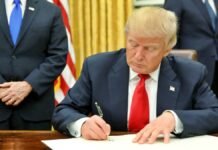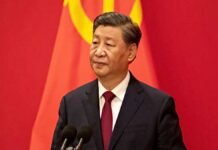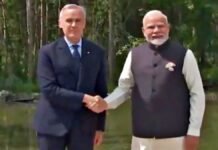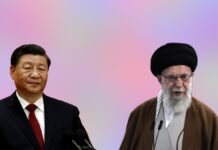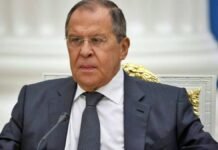
New Delhi: The conflict between Israel and the Palestinian militant group Hamas has entered its fourth day, with no signs of de-escalation. The war, which started with a surprise attack by Hamas on October 7, has claimed more than 1,600 lives and injured more than 5,000 people on both sides. As the world watches the unfolding crisis, different countries have expressed their support or condemnation for either side. Here is a summary of the global reactions to the Israel-Hamas war.
- Countries supporting Israel
- Countries supporting Hamas
- Countries calling for de-escalation
Countries supporting Israel
The United States has been the most vocal and staunch ally of Israel, reaffirming its “unwavering support” for Israel’s right to defend itself against Hamas’ attacks. President Joe Biden has also sent new military aid to Israel, ordering US ships and warplanes to be deployed near Israel’s border. Biden has spoken to Israeli Prime Minister Benjamin Netanyahu several times, assuring him of US backing and urging him to minimize civilian casualties.
Many European countries have also sided with Israel, condemning Hamas’ rocket barrage and infiltration into Israeli territory. British Prime Minister Rishi Sunak has issued a statement in support of Israel, saying that Britain “clearly” stands with Israel. He has also spoken to Netanyahu, expressing his solidarity and concern for the Israeli hostages taken by Hamas. French President Emmanuel Macron has also denounced Hamas’ attack on Israel and confirmed France’s support for the country. He has held talks with Israeli President Isaac Herzog and Netanyahu, calling for a swift end to the hostilities. German Chancellor Olaf Scholz has said that Israel has the right to defend itself against “barbaric attacks” and “protect its citizens and pursue the attackers.”
Other countries that have expressed support for Israel include Australia, Norway, India, Canada, Poland, Spain and the European Union. Some of these countries have also flown the Israeli flag on their official buildings as a sign of solidarity. Austria’s Chancellor Sebastian Kurz said that flying the Israeli flag on the federal chancellery was a “symbol of our deep friendship and solidarity with Israel.”
Countries supporting Hamas
Several countries in the Middle East and beyond have voiced their support for Hamas and the Palestinian cause, denouncing Israel’s airstrikes and blockade on Gaza. Iran has been one of the main backers of Hamas, providing it with financial and military assistance. Iran’s Supreme Leader Ayatollah Ali Khamenei has praised Hamas’ attack on Israel as a “glorious victory” and urged Muslim nations to unite against Israel. Iran’s ally Hezbollah, a Lebanese militant group, has also joined the conflict by firing rockets into northern Israel from southern Lebanon.
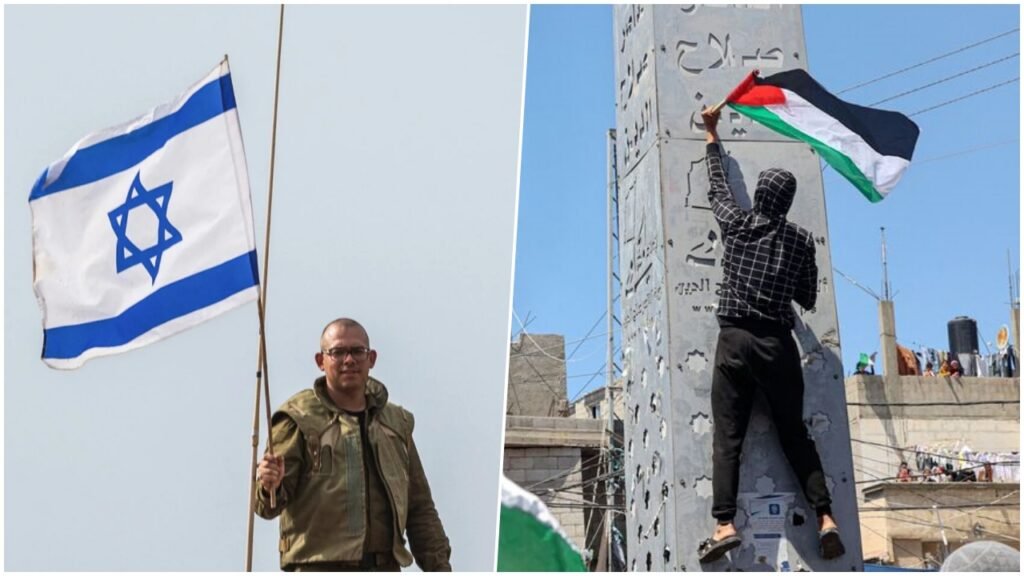
Some African countries have also come out in support of Hamas. The ruling African National Congress (ANC) in South Africa has issued a statement in support of Hamas, calling it a “legitimate resistance movement” and accusing Israel of “ethnic cleansing” and “apartheid”. Nigeria’s President Muhammadu Buhari has also condemned Israel’s “disproportionate use of force” and called for an immediate ceasefire.
Other countries that have shown sympathy for Hamas include Qatar, Turkey, Pakistan, Malaysia, Indonesia, and Venezuela. Qatar, which hosts Hamas’ political office since 2012, has blamed Israel for the escalation of violence and called for international intervention to protect the Palestinians. Turkey’s President Recep Tayyip Erdogan has accused Israel of “terrorism” and “genocide” and vowed to stand by Hamas until the end. Pakistan’s Prime Minister Imran Khan has expressed his solidarity with the Palestinians and urged the UN to take action against Israel’s “war crimes”.
Countries calling for de-escalation
Some countries have adopted a more neutral stance on the conflict, calling for both sides to exercise restraint and resume dialogue. Saudi Arabia, which normalized its relations with Israel last year, has called for a two-state solution and an immediate end to the war. Saudi Arabia’s King Salman bin Abdulaziz Al Saud has said that his country supports the Palestinians’ right to an independent state with East Jerusalem as its capital, but also respects Israel’s right to exist within secure borders.
Egypt, which shares a border with Gaza and has mediated previous ceasefires between Israel and Hamas, has also urged both sides to stop the fighting and respect international law. Egypt’s President Abdel Fattah el-Sisi has said that his country is working with all parties to restore calm and prevent further bloodshed. Egypt has also opened its Rafah crossing with Gaza to allow wounded Palestinians to receive medical treatment in Egyptian hospitals.
Other countries that have called for de-escalation include China, Russia, Japan, South Korea, Jordan, Kuwait, Oman, Bahrain, Morocco, and the United Nations. China’s Foreign Minister Wang Yi has said that China is ready to host talks between Israel and Palestine and facilitate a comprehensive and lasting peace in the region. Russia’s President Vladimir Putin has also expressed his readiness to host a meeting of the Middle East Quartet, which comprises Russia, the US, the EU, and the UN, to help resolve the crisis. Japan’s Prime Minister Fumio Kishida has said that Japan is deeply concerned about the situation and hopes for an early ceasefire. South Korea’s Foreign Minister Chung Eui-yong has also called for an immediate halt to the violence and urged both sides to resume negotiations.






